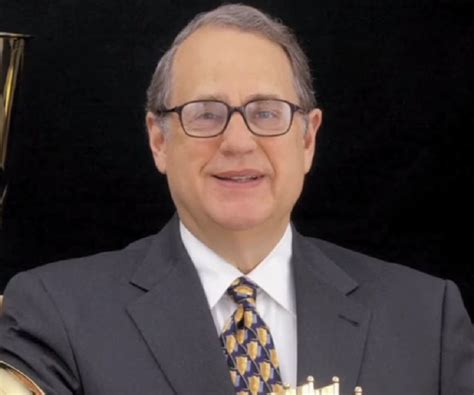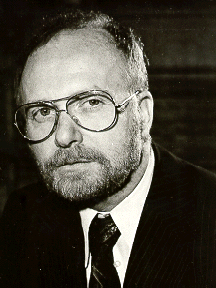A Quote by Anne Lamott
Plot springs from character... I've always sort of believed that these people inside me- these characters- know who they are and what they're about and what happens, and they need me to help get it down on paper because they don't type.
Related Quotes
I have a scenario but almost always it's entwined with at least one person to begin with. Then I sort of expand from there and I'm thinking about books novels. I've got these scrolls of paper that I hang up in my office and this is my idea room, my nightmare factory, and I have a big title at the top of the scroll and on the left hand side I have these character sketches on the characters, and then once I figure out who they are I can figure out what they want and once I figure out what they want I'm able to put obstacles in the way of that desire, and that's where plot springs from.
I've always believed certain things: You treat everybody nicely because, more than anything, it's the right thing to do. And then you also never know when someone will be in position to help you or hurt you. I know I've gotten help from a lot of people who said good things about me because I treated them well.
The first thing, when I read the script, is that I need to care about what happens and feel compelled by the story and engaged by the characters. It needs to resonate with me, even if what the characters are going through is not something that I have experienced in my life. I have to feel like it has some sort of meaning to me.
You told me you believed marriage was for other people." "You're the only man who could make me believe that it's for me, too. Although when you get down to it, love is what's real. I still say marriage is just a piece of paper." Jack smiled. "Let's find out," he said, and he pulled me down to the bed with him. Jack & Ella
The writer must always leave room for the characters to grow and change. If you move your characters from plot point to plot point, like painting by the numbers, they often remain stick figures. They will never take on a life of their own. The most exciting thing is when you find a character doing something surprising or unplanned. Like a character saying to me: ‘Hey, Richard, you may think I work for you, but I don’t. I’m my own person.’
With a novel, you have the reader with you a lot longer, and you owe him a lot more. Obviously you have to have a plot - I say "obviously," although I think a lot of fiction doesn't, and nothing seems to happen. But to me, there should be something that happens, and it should be at least vaguely plausible. And because the readers are going to be with these characters for a long time, you have to get to know them and like them and want to know what happens to them.
She thinks she knows everything that goes on inside me, and she doesn’t know a thing. What did she want from me – to tell the truth all the time? To run around saying it did matter to me that I live in a world where you can grow old and be alone and have to get down on your hands and knees and beg for friends? A place where people just sort of forget about you because you get a little old and your mind’s a bit senile or silly? Did she think that didn’t bother me underneath?
God has always been in my life and his little voice in me that lets me know when I'm falling a little too far left or right, up or down you know. I know because there is a little voice that starts saying, 'damn it, what are you doing? You need to slow down with that' or I might not be a good person to hang around you know... So God will do this to me in some sort of way. Or something bad will happen to me.
If you get the characters right you've done sometimes nearly half the work. I sometimes find I get the characters right then the characters will often help me write the book - not what they look like that's not very important - what people look like is not about their character. You have to describe the shape they leave in the world, how they react to things, what effect they have on people and you do that by telling their story.






































